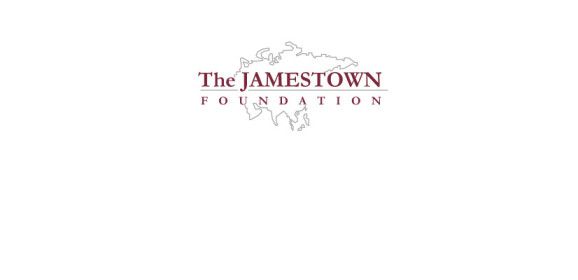Section: The Jamestown Foundation (USA)
Ukraine in a Leaderless Europe: A Net Assessment (Part Three)
*To read Part One, please click here. *To read Part Two, please click here. Ukraine’s EuroMaidan movement triggered two conflicting processes: Ukraine’s resolute, unambiguous course toward Europe (reinforced by subsequent presidential and parliamentary elections) and Russia’s response through a multidimensional war against...
Putin Celebrates First Anniversary of Seizing Crimea
During a mysterious period of absence from public view, controversy erupted around Russian President Vladimir Putin sharing his reflections on the annexation of Crimea in 2014, after a trailer for the documentary was screened on March 11, 2015. By March 15, following the Russian president’s ten-day disappearance from public view, the...
Getting the Balance Right: Italy and the Ukrainian Crisis
On March 4–5, Italian Prime Minister Matteo Renzi visited Kyiv and Moscow during a diplomatic trip aimed at enhancing Italy’s role as meditator in the Ukraine conflict. Renzi paid a visit to Ukrainian President Petro Poroshenko, before travelling to Moscow to meet Vladimir Putin and Dmitry Medvedev. Renzi also paid a visit to the place...
Putin’s Disappearing Act May Be Sign of Leadership Crisis
For the past week and a half, the main topic for political speculation on the Russian Internet—but not on state-run TV—was the disappearance of President Vladimir Putin from all public events, and even from the Eurasian summit in Astana, Kazakhstan, which had to be postponed until March 20. The hosts were rather irritated by the lack of...
Amid Rising Regional Tensions, Turkmenistan Reevaluates Neutrality Policy
For the last two decades, Turkmenistan has adhered to a foreign policy of strict neutrality. But the drawdown, in neighboring Afghanistan, of the International Security Assistance Force (ISAF) mission has coincided with the appearance of Islamic State (IS) militants in that war-torn country. The two factors have combined to compel Turkmenistan to...
Ukraine in a Leaderless Europe: A Net Assessment (Part Two)
*To read Part One, please click here. Most of the “old” Europe—pre-1999 members of the North Atlantic Treaty Organization (NATO) and the European Union—does not acknowledge the wider implications of Russia’s war in Ukraine (let alone the fact that it is a war). That group treats this war, instead, as an internal conflict localizable in...
Ukraine in a Leaderless Europe: A Net Assessment (Part One)
Russia’s war against Ukraine has exposed the deepening cracks in Europe’s understanding of itself as the West’s core, and in its positioning vis-à-vis an openly adverse Russia. Fragmentation processes were ongoing in Europe prior to this war, both above and (with longer-term effects) below the surface of European external...
A Treaty That Ended the Cold War in Europe Is Denounced in Moscow
This week, the Russian Ministry of Foreign Affairs announced it will no longer attend the meetings of the Joint Consultative Group (JCG) of the Conventional Forces in Europe (CFE) treaty of 1990. The Russian arms control representative in Vienna, Alexander Mazur, told reporters: “The withdrawal from CFE announced by Russia in 2007 is now...
Russia’s Aircraft Carrier of Tomorrow
According to Admiral Viktor Chirkov, the commander in chief of the Russian Navy, Moscow is currently building an aircraft carrier of tomorrow. This future-oriented carrier will possess broad capabilities connected to the use of naval aviation in future contingencies. In addition, the vessel will allegedly boast superior combat effectiveness in...
Chechens Take on Image of Putin’s Henchmen in Russia
On February 27, one of the leading Russian opposition figures, Boris Nemtsov, was brazenly assassinated in Moscow, near the Kremlin (see EDM, March 2). Nemtsov was known for criticizing President Vladimir Putin and his regime. Unexpectedly, however, the government quickly followed up with an investigation of the killing and soon detained five...



